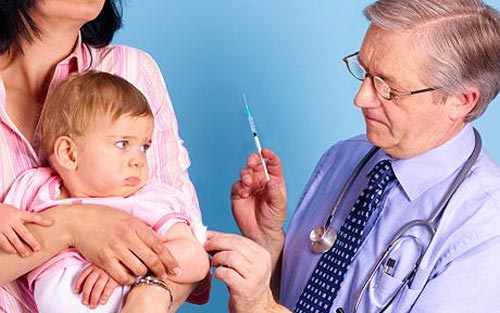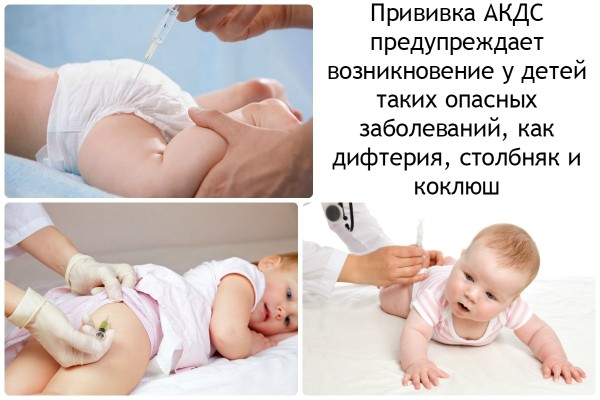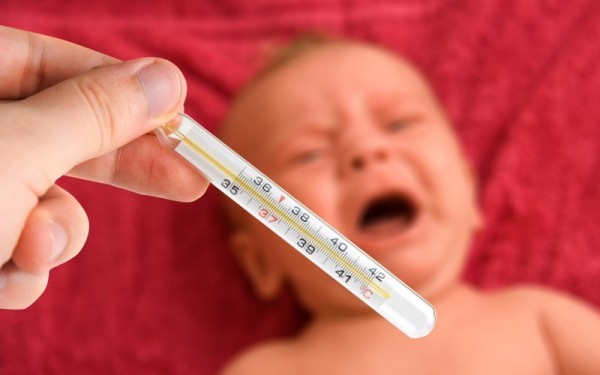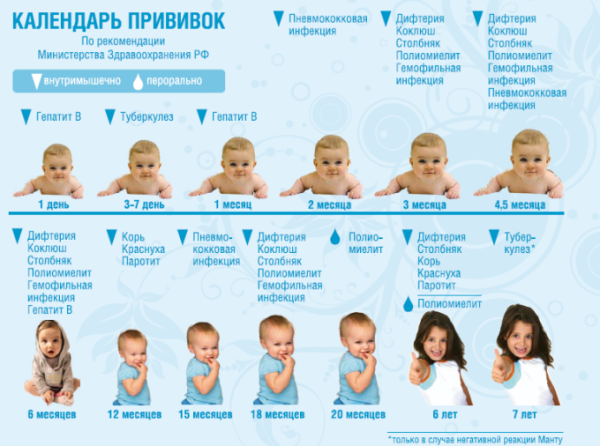Do I need to be vaccinated: weigh the pros and cons
Every mother wants her child to be protected from viruses and various diseases. The task is quite feasible, but you need to approach this issue seriously and consult a good specialist. The article discusses all the pros and cons of vaccinations.
Content
The benefits of vaccinations
The topic of vaccinations is inexhaustible. For 200 years, many myths and lies have accumulated about them.
Undoubtedly, there are benefits from vaccinations. After all, if you look at the history of the development of medicine, you can understand that vaccines have made a great contribution to human health. The population has ceased to die from plague, smallpox, cholera, ulcers, leprosy, rabies, measles, polio, etc.
All diseases were fatal and did not respond to treatment.
In underdeveloped countries, these diseases are progressing, since the state cannot provide the population with the necessary amount of vaccines. Therefore, be sure to vaccinate before traveling to foreign countries. This way you will be reliably protected from viruses.
If we talk about vaccinations against influenza, then the opinions of scientists differ. The fact is that vaccines are being developed long before the onset of the epidemic and the strain of the future virus is unknown. Perhaps it will coincide with the vaccine, but in reality it turns out differently. Therefore, no one gives 100% guarantees.
According to the WHO, 30% of parents write refusals of vaccinations, which increases the chances of the incidence of measles, whooping cough, and tetanus in children. Moms refer to unreliable sources and thereby endanger their children. To make such a decision, a consultation with an immunologist is required, who will say with confidence whether it is possible to vaccinate or not.
The harm of vaccinations
This is not to say that vaccinations are safe. Like all medicines, vaccines have contraindications and side effects.
It is no secret that almost all vaccines contain salts of heavy metals - mercury, aluminum, etc. Of course, their concentration is low, but it is undesirable to introduce them into a newborn organism. Therefore, in the maternity hospital, they usually offer two vaccinations: hepatitis B and against tuberculosis (BCG). It has been proven that these vaccines are not harmful, and the baby's body is protected from the most common viruses. Injections are given only to healthy children. If the baby has a disease at the time of birth, then the vaccine is not given.
Many mothers complain that after the vaccination, the child's temperature rises, chills. Yes, this is a side effect. But it is too early to say that this vaccine is dangerous. This is how the immune system fights the virus.
The harm from the injected vaccine can be if:
- the baby's temperature rises above 39 degrees;
- vomiting has opened;
- stomach upset;
- convulsions, etc.
In this case, call emergency help. Basically, such a reaction is possible due to an allergy to the components of the drug. This is rare.
The entire medical world is not against vaccinations, because thanks to vaccines, we have defeated many diseases.
What vaccinations are required
The Ministry of Health identifies a number of compulsory vaccinations that are administered to a child according to a specific calendar:
- Hepatitis B. The first injection is administered at the hospital on the first day after birth, then at 1 month, at 2 months. and a year.
- BCG or tuberculosis vaccine - given on the third day after birth. The next revaccination at 7 years old.
- DPT (whooping cough, diphtheria, tetanus) - the first vaccination at 3 months, then at 4 months, 6 months. and 18 months.
- Poliomyelitis - is administered to a child at 3 months, 5 months. and 6 months.
- Rubella, measles and mumps (mumps) - the first injection is given at the age of 1 year.
Also, the doctor is obliged to offer optional vaccinations against:
- hepatitis A;
- pneumococcal infection;
- meningococcal infection;
- tick-borne encephalitis, etc.
Remember that you must sign a written consent even for the mandatory vaccination.
Whether to vaccinate the child
To vaccinate a child or not is the responsibility of the parents for the health of the child.
Imagine a situation that you have not been vaccinated, and in the kindergarten, someone else's child fell ill with measles and infected yours. The consequences of this disease are pneumonia, meningitis and others. Agree that you do not want such outcomes. And if you get vaccinated, then the probability that the child will not get infected is 99.9%. There is a chance of getting sick, but it is negligible.
The main thing is to consult with an immunologist before vaccination, conduct a series of tests for allergies, latent diseases, and pass urine and blood tests.
Pediatricians routinely examine only the throat and check for wheezing. In fact, this is not enough. It is no secret that the doctor receives a salary bonus for each injection.
The vaccination calendar can be moved. If you are unsure if your child is ready for vaccines, then postpone the visit to the vaccination office. The mother's heart does not deceive.
And remember: the choice is yours.






